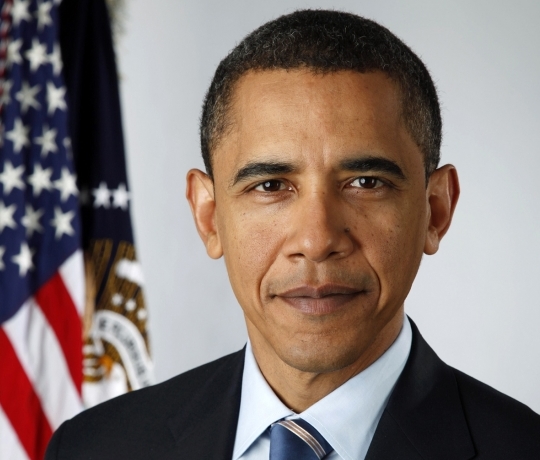The most important news out of the summit between China’s President Xi Jinping and U.S. President Obama is that no progress was made on the cyber spying issue. It is so central to protection of U.S. government information and that of private enterprise, that the lack of progress makes the entire set of meeting a failure — at least from the American side.
The most recent major failure in critical negotiations between the most senior leaders of China and the United States was when President Obama and Treasury Secretary Tim Geithner failed get the People’s Republic to change its successful activity to keep the yuan at levels that hurt the United States and helped the Chinese. Throughout much of 2010, the Treasury Department failed to label China as a currency manipulator in its semiannual report to Congress. The White House thought it better to negotiate a settlement, which did not resolve the problem at all.
As for the summit over the weekend, The New York Times reports:
Even as they pledged to build “a new model” of relations, President Obama and President Xi Jinping of China ended two days of informal meetings here on Saturday moving closer on pressuring a nuclear North Korea and addressing climate change, but remaining sharply divided over cyberespionage and other issues that have divided the countries for years.
Although the leaders of the world’s two biggest powers made no public statements on their second day of talks, their disagreements — over cyberattacks as well as arms sales to Taiwan, maritime territorial disputes in the South China Sea and manipulation of the Chinese currency — spilled into the open when senior officials from both countries emerged to describe the meetings in detail.
Cyber spying remains well ahead of the threats of the Chinese military or the nation’s occasional effort to manipulate the price of its exports. The U.S. military, private interests and even the White House have said so. The U.S. government has gone so far as to identify the exact geographic location of many of the cyberattacks from China into America. China’s cyber spying has become more frequent, more brazen and more sophisticated. A convincing case has been made that Chinese hackers could take down a portion of the U.S. energy infrastructure.
Cyber spying is at the heart of China’s threat to America, and apparently that will not change in the foreseeable future.
Credit Card Companies Are Doing Something Nuts
Credit card companies are at war. The biggest issuers are handing out free rewards and benefits to win the best customers.
It’s possible to find cards paying unlimited 1.5%, 2%, and even more today. That’s free money for qualified borrowers, and the type of thing that would be crazy to pass up. Those rewards can add up to thousands of dollars every year in free money, and include other benefits as well.
We’ve assembled some of the best credit cards for users today. Don’t miss these offers because they won’t be this good forever.
Flywheel Publishing has partnered with CardRatings for our coverage of credit card products. Flywheel Publishing and CardRatings may receive a commission from card issuers.
Thank you for reading! Have some feedback for us?
Contact the 24/7 Wall St. editorial team.